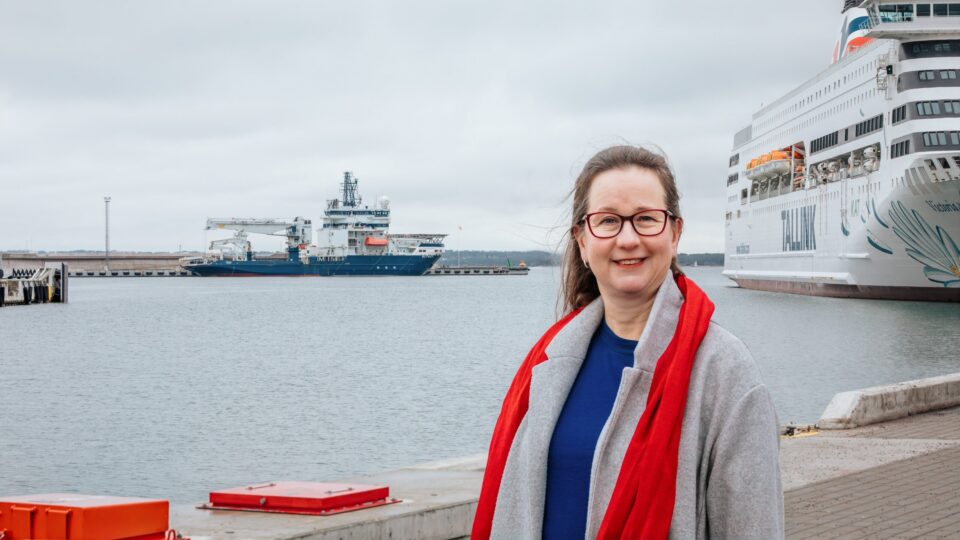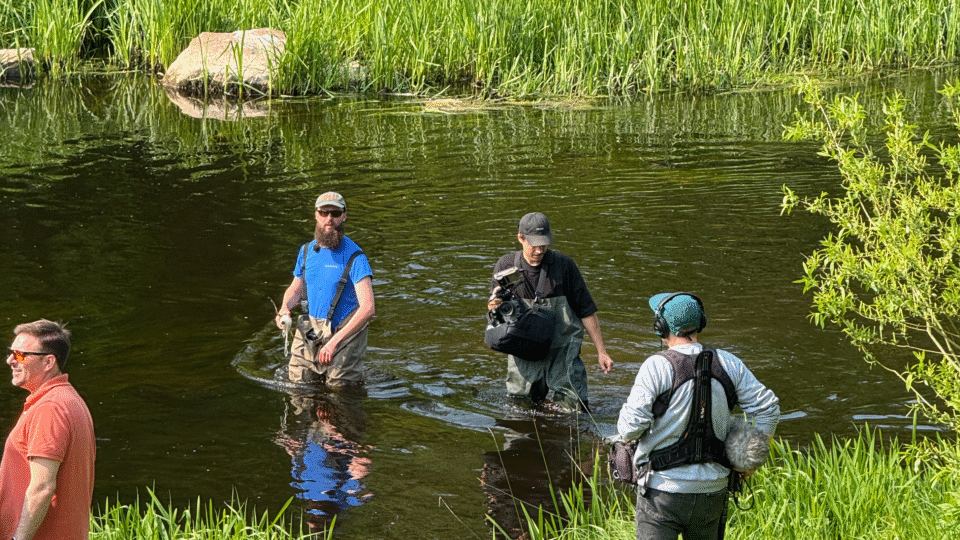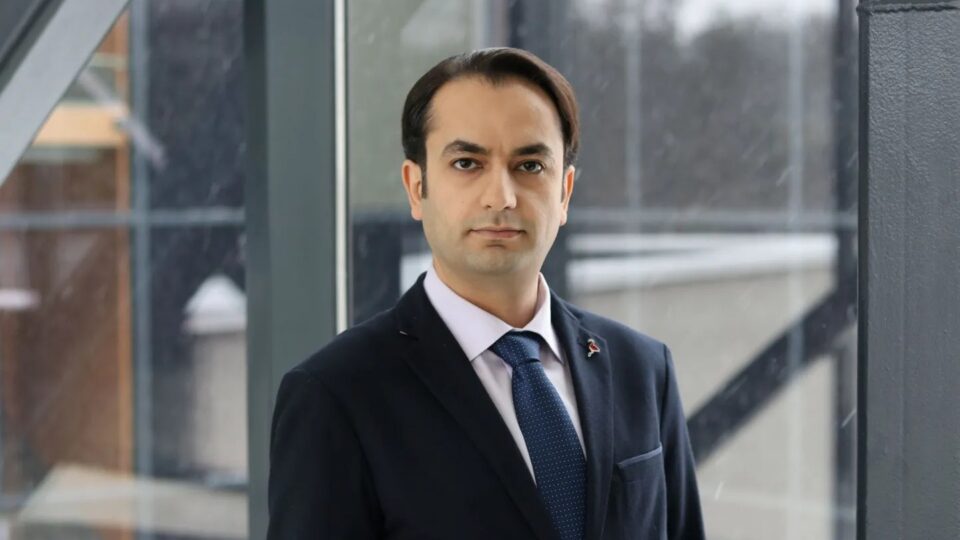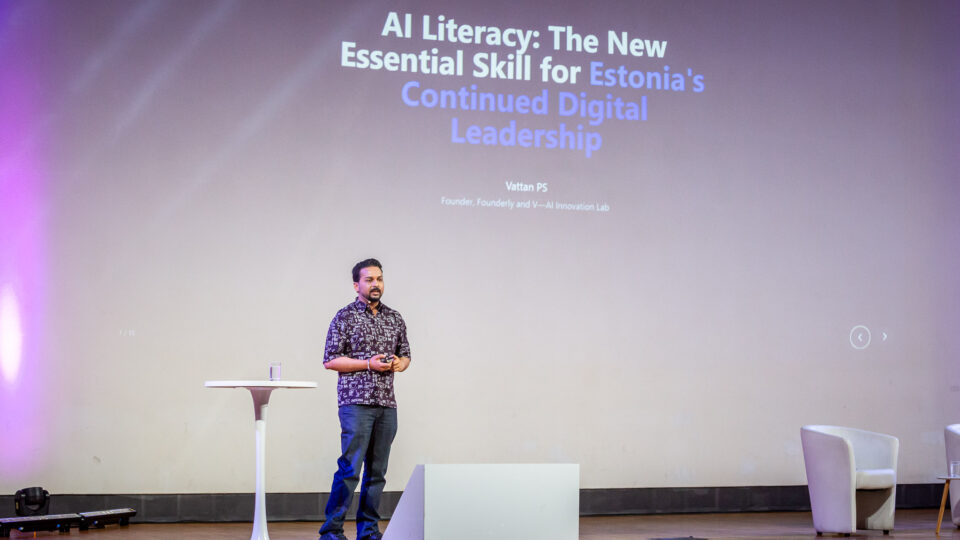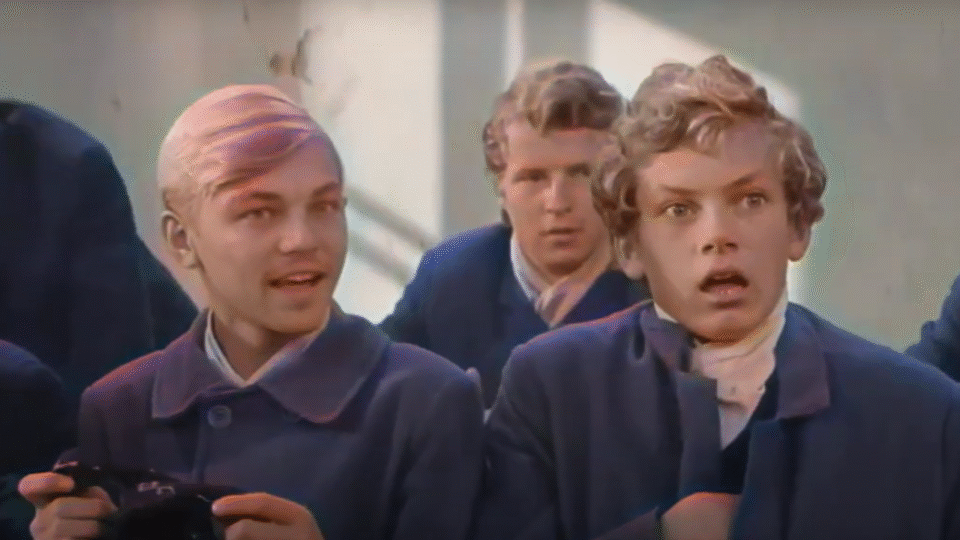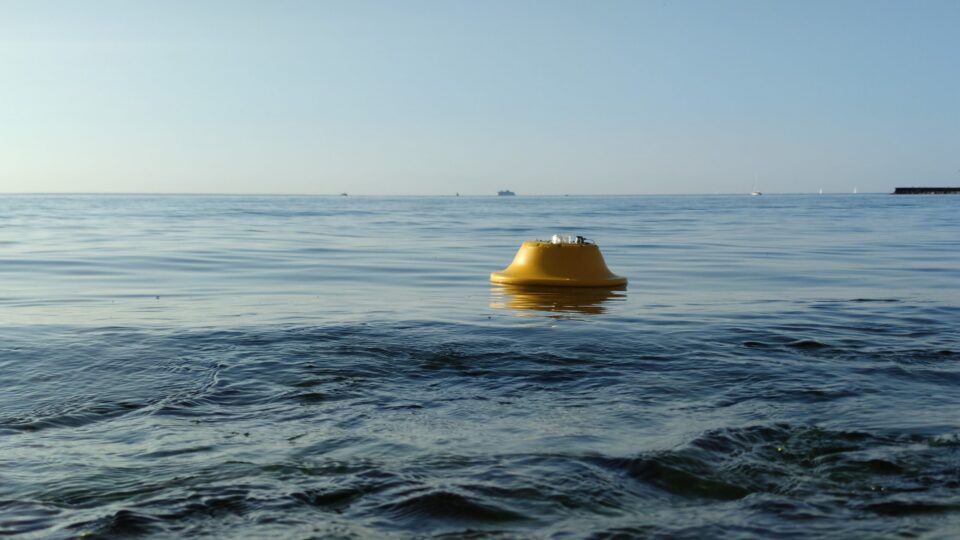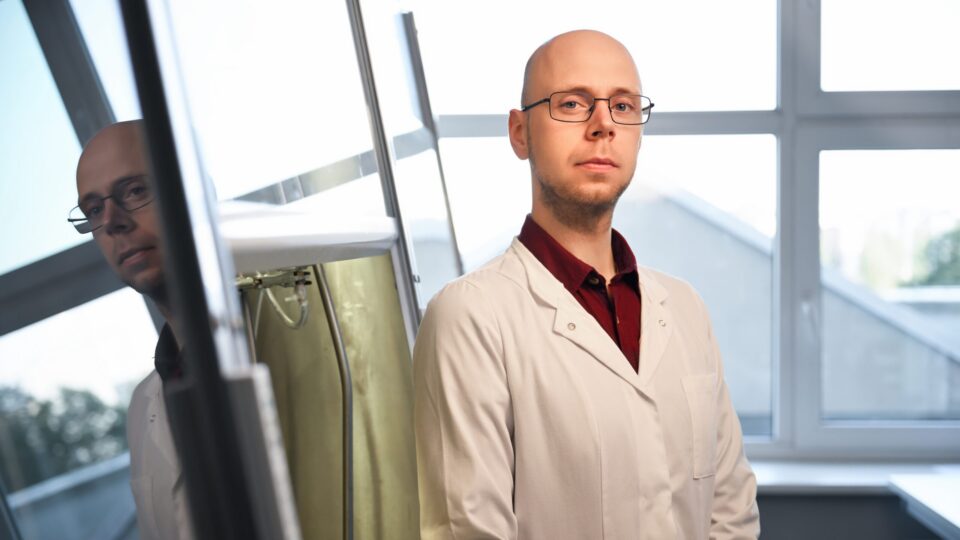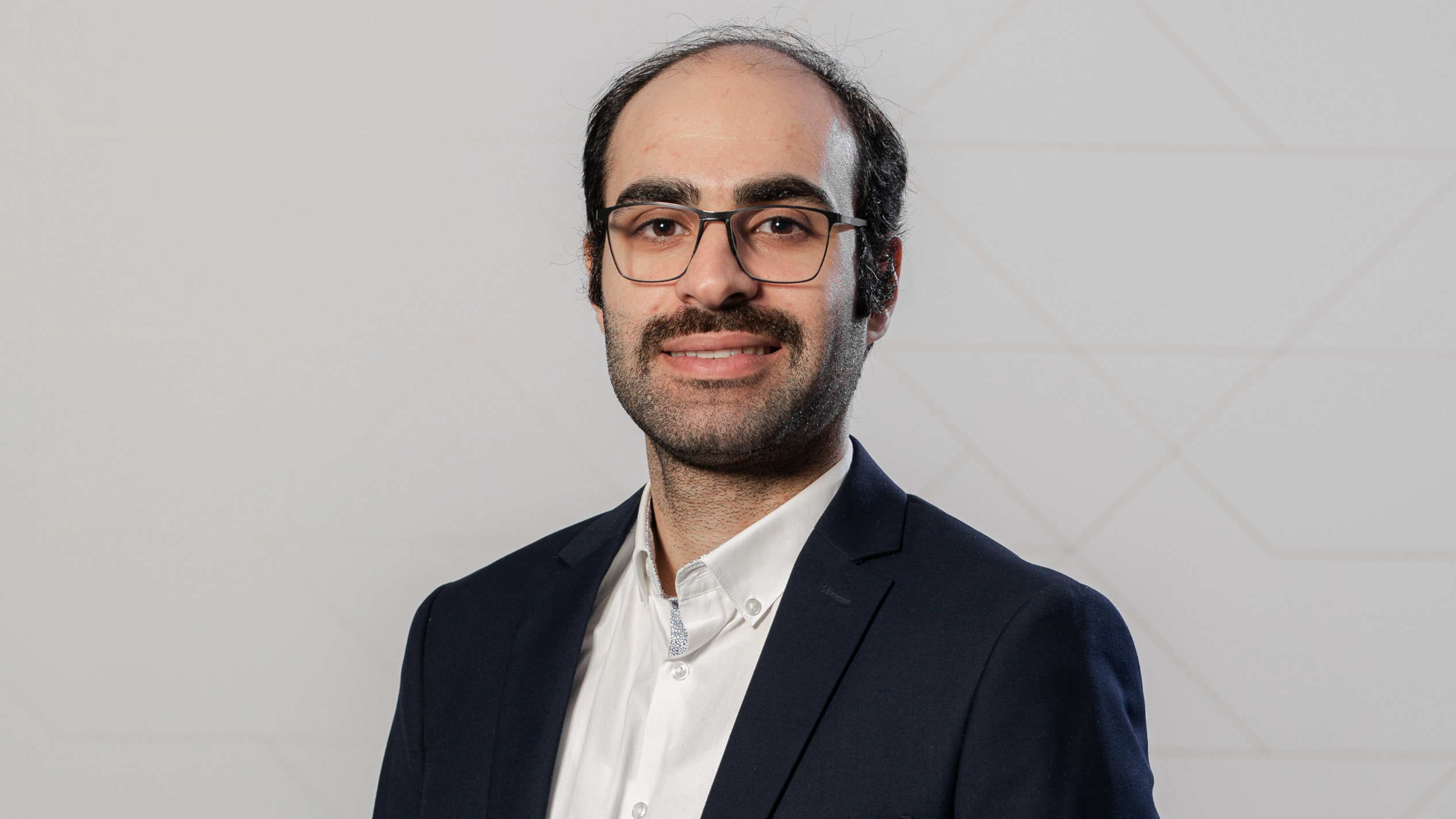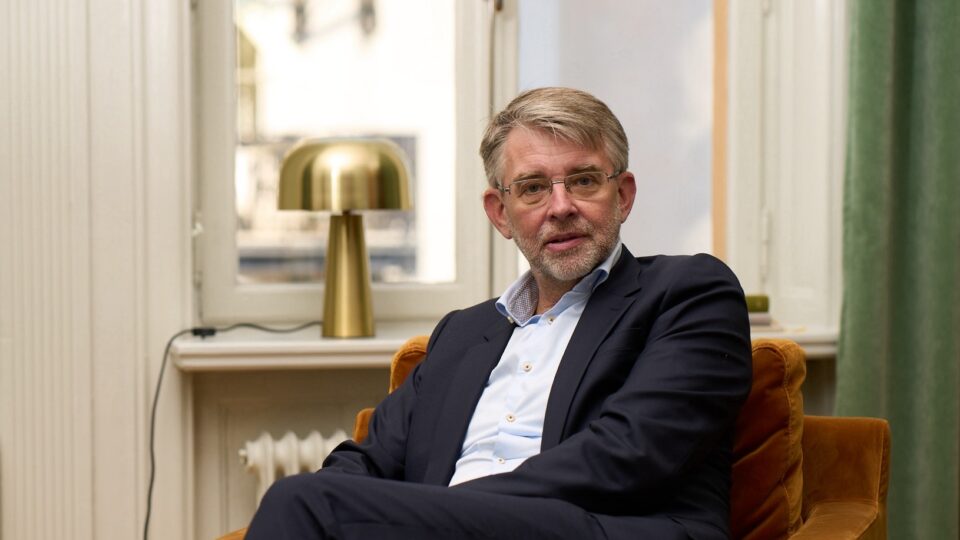Ukraine’s wartime shipping proves that, even under attack, trade can continue – with ingenuity, international cooperation and flexible infrastructure.
When British wildlife photographer Jack Perks visited TalTech, it wasn’t just a guest lecture or a quirky nature story – it was a significant step in redefining how technology and ecology intersect. His visit bridged underwater fieldcraft with cutting-edge AI, helping fine-tune TalTech’s fish monitoring systems and inspiring the next generation of students to see IT as more than just code.
The EU has unveiled a bold legal strategy to end its reliance on Russian gas by 2027 – but turning the plan into law risks legal, political and international trade disputes that could derail the effort.
Estonia has all the prerequisites to become a leader in the age of artificial intelligence – but this opportunity must not be missed.
Professor Eko Prasojo, a leading expert in Southeast Asian public administration, joins TalTech's "Innovation and Governance" podcast to discuss the challenges and achievements behind Indonesia’s sweeping administrative reforms.
What happens when Estonia’s beloved film "Kevade" ("Spring") is colourised and one of its main characters, Arno, is recast as a young Leonardo DiCaprio? When artificial intelligence meets student creativity, an experiment is born – one that pushes the boundaries of both technology and culture.
Russia removed TalTech’s smart wave buoy from Estonia’s economic zone – without a single obstacle; the incident raises a pressing question: does Estonia truly have sufficient situational awareness in the Baltic Sea, and the capacity to respond swiftly?
International researchers bring new ideas and fresh perspectives to Estonian science. But can our research and working environment offer enough support to attract talent to Estonia – and, just as importantly, to make them stay?
How can we eat in a way that benefits our health and protects the environment? Estonian researchers used computer models to identify realistic and sustainable dietary patterns that don't require extreme changes but help reduce environmental impact and improve health.
Technology is no longer just a tool – it’s a force reshaping industries, transforming societies, and challenging our understanding of reality. But with this unprecedented power comes a critical question: are we truly in control of technology, or are we merely at its mercy?
